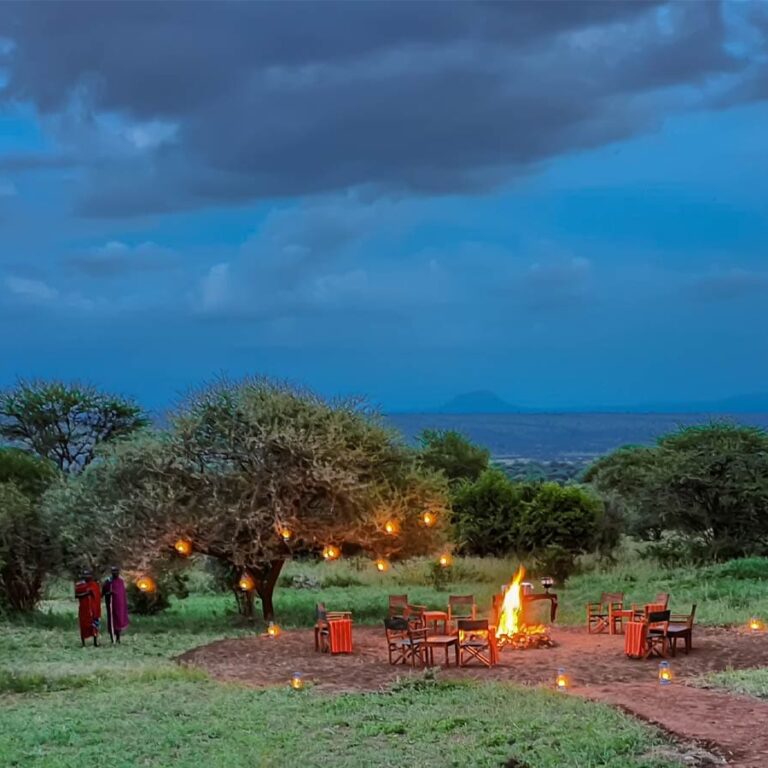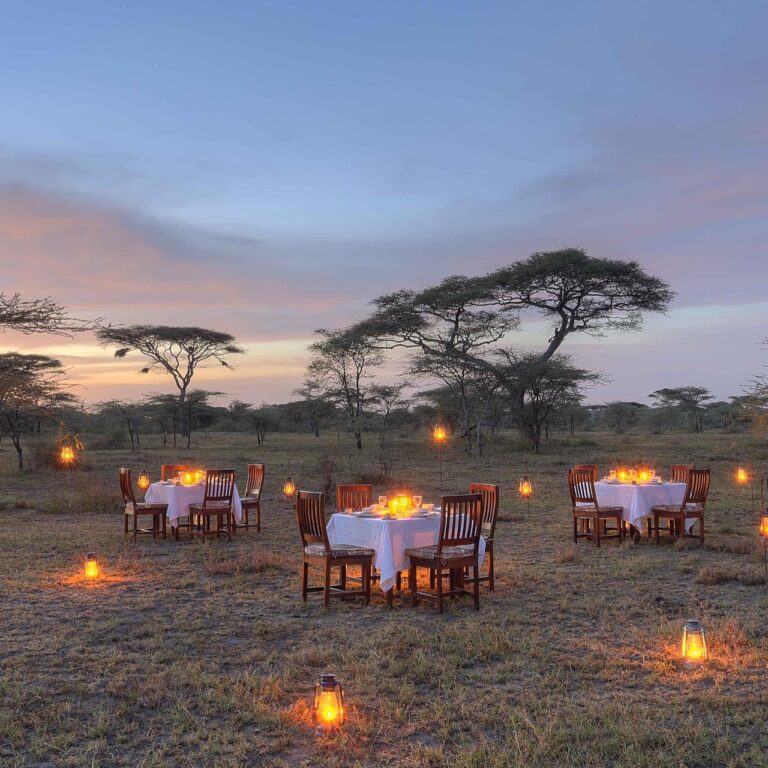Responsible Tourism in Tanzania.
Sustainable Tourism in Tanzania: A Guide to Eco-Friendly Safaris | Tips for Responsible Travel Tanzania, with its diverse ecosystems, abundant wildlife, and stunning landscapes, is a paradise for travelers seeking to experience the wonders of nature. However, with the growing awareness of environmental conservation and the impacts of tourism, it’s essential to practice responsible and sustainable tourism in Tanzania. In this guide, we’ll explore the concept of eco-friendly safaris and provide valuable tips for travelers looking to minimize their environmental footprint while maximizing their enjoyment of this beautiful East African nation, travel with purpose.
Understanding Sustainable Tourism
Sustainable tourism, often referred to as eco-tourism or responsible tourism, is a way of traveling that focuses on minimizing negative impacts on the environment, supporting local communities, and conserving natural resources for future generations. In the context of Tanzania, this means enjoying its remarkable wildlife and landscapes while ensuring that your visit contributes positively to the preservation of its natural and cultural heritage. Sustainable Tourism in Tanzania: A Responsible Traveler’s Guide, Responsible Travel in Africa: The Complete Guide, 10 Tips for Practicing Sustainable Tourism on Safari, Sustainable Travel in Tanzania, Sustainable Travel & Ecotourism in Tanzania.
Why Sustainable Tourism Matters in Tanzania
Tanzania boasts some of Africa’s most iconic and biodiverse ecosystems, including the Serengeti, Ngorongoro Crater, and Mount Kilimanjaro. These areas are not only precious in terms of biodiversity but also vital for the livelihoods of local communities. Sustainable tourism plays a crucial role in:
Conservation: Sustainable tourism helps protect fragile ecosystems, endangered species, and habitats by providing funding for conservation efforts. The income generated from responsible travelers supports anti-poaching initiatives and wildlife protection.
Community Development: Local communities living near national parks and reserves can benefit from tourism revenue through employment opportunities, income generation, and the development of sustainable livelihoods. This can reduce reliance on activities harmful to the environment, such as illegal logging or poaching.
Cultural Preservation: Responsible tourism encourages the preservation of indigenous cultures and traditions. Visitors have the opportunity to learn from and interact with local communities, fostering mutual respect and understanding.
Economic Growth: Tourism contributes significantly to Tanzania’s economy. Sustainable tourism ensures that this income is distributed fairly, helping reduce poverty and promote economic development.
Tips for Responsible Travel in Tanzania
Now that we understand the importance of sustainable tourism in Tanzania, let’s explore practical tips for travelers who want to minimize their impact and make a positive contribution to this beautiful country.
1. Choose Responsible Tour Operators
When planning your Tanzanian safari, research and select tour operators with a strong commitment to sustainability. Look for companies that support wildlife conservation, employ local guides and staff, and engage in community development initiatives Big Five Luxury Safari in Tanzania **Sustainable Approach to Travel, a 7 days tour from Moshi to Arusha, Tarangire National Park and 5 destinations. Book Tanzania responsible tourism safari packages 2023 all inclusive. .
2. Support Conservation Efforts
Consider visiting national parks and reserves that actively participate in wildlife conservation programs. Your park fees and contributions often go directly to supporting these efforts. Additionally, some lodges and camps are actively involved in conservation projects, so staying with them can further contribute to these initiatives.
3. Respect Wildlife and Their Habitat
While observing wildlife, maintain a respectful distance and follow your guide’s instructions. Avoid making loud noises or sudden movements that can stress the animals. Never feed them or touch them. The goal is to enjoy their natural behaviors without causing harm or disruption.
4. Reduce Plastic Waste
Carry a reusable water bottle and refill it to minimize the use of single-use plastics. Many eco-friendly lodges and camps provide filtered water stations. Dispose of waste properly and participate in recycling programs when available.
5. Choose Eco-Friendly Accommodations
Look for lodges, camps, and accommodations that have adopted sustainable practices, such as energy and water conservation, waste reduction, and responsible sourcing of food and materials for Sustainable and Responsible Tourism in Tanzania. These establishments often have eco-certifications.
6. Conserve Water and Energy
Be mindful of your water and energy consumption while staying in remote areas. Use water sparingly, turn off lights and appliances when not in use, and opt for eco-friendly lighting and cooling systems if available.
7. Support Local Communities
Engage with and support local communities by purchasing handmade crafts or souvenirs directly from artisans. Respect local customs and traditions, and ask for permission before taking photos of individuals.
8. Minimize Off-Roading
Stay on designated tracks and roads to avoid damaging fragile ecosystems. Off-roading can disrupt wildlife habitats and contribute to soil erosion.
9. Educate Yourself
Learn about the wildlife, culture, and history of Tanzania before your trip. This knowledge enhances your experience and helps you appreciate the significance of preserving these aspects of the country.
10. Offset Your Carbon Emissions
Consider offsetting your travel carbon footprint by supporting reforestation or renewable energy projects. Many organizations offer carbon offset programs that can help mitigate the environmental impact of your journey.
FAQs About Sustainable Tourism in Tanzania
Is it possible to have a luxurious safari experience while still being environmentally responsible?
Yes, many eco-friendly lodges and camps in Tanzania offer luxurious accommodations and services while maintaining a strong commitment to sustainability. You can enjoy a comfortable and responsible safari experience.
How can I ensure that my safari contributes to wildlife conservation?
Choose tour operators and accommodations that actively support wildlife conservation efforts. Additionally, your park fees and contributions go toward conservation initiatives in the national parks and reserves you visit.
Are there opportunities to interact with local communities during a safari in Tanzania?
Yes, some tour operators offer cultural experiences that allow you to engage with local communities, learn about their traditions, and support their livelihoods through responsible tourism.
What should I do if I witness unethical behavior during a safari, such as littering or harassment of wildlife?
Report such behavior to your safari guide or lodge staff, who can take appropriate action. It’s essential to raise awareness about responsible tourism practices.
How can I calculate and offset my carbon emissions from traveling to Tanzania?
Many online calculators can help you estimate your carbon emissions from travel. Afterward, you can choose from various carbon offset programs that align with your values and support initiatives like reforestation or renewable energy projects.
In conclusion, Tanzania offers travelers the opportunity to experience the beauty of Africa’s wildlife and landscapes while contributing positively to conservation and local communities. By following the principles of sustainable tourism and practicing responsible travel, you can enjoy a memorable and meaningful safari while safeguarding the natural and cultural heritage of this remarkable country.








